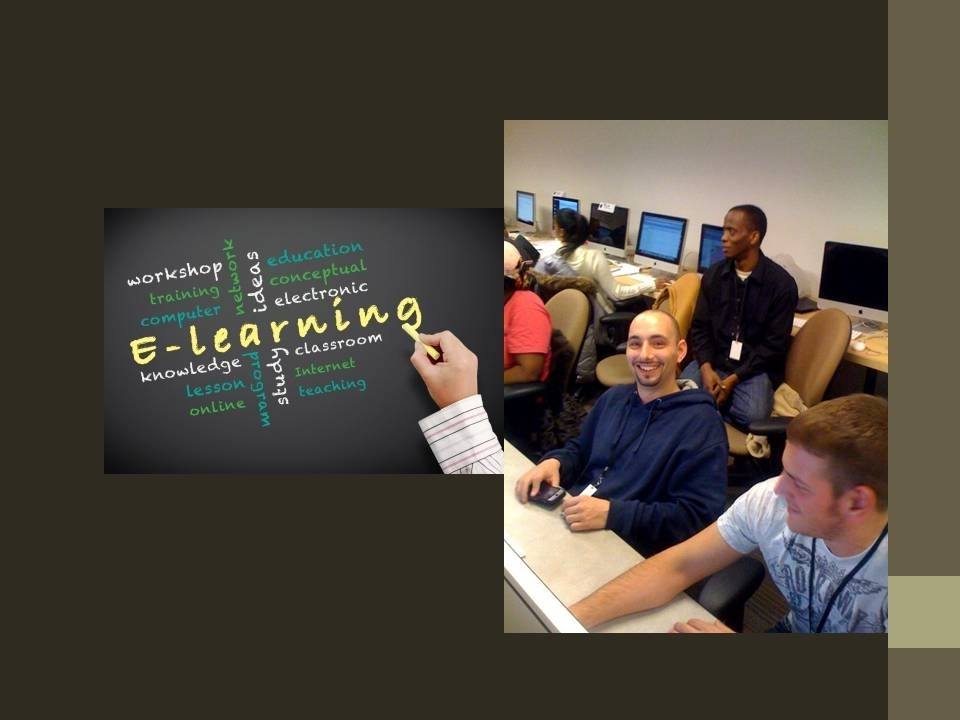The 21st Century Adult Learners
Being a child of the 1950/60’s I can remember the CBS News Program “The 20st Century”, The main theme of the show was to promote the beginning of the Age of Technology! Rocket ships, Satellites, Camelot and the Kennedy’s, brought a new vitality to the US. More than 50 years of World Book encyclopedia, See and Say, Schoolhouse Rock and Mr. Rogers Neighborhood, learning has somewhat evolved. The tools have increased, yet learning styles remain the same. Even Instructional Delivery methods, which were primarily Socratic based, have shifted to Webinars and more individualistic learning. Webinar/Blackboard tools even include a Hand icon, which can be virtually raised if you have a question. Employers are deploying assessment tools over the internet prior to face to face interviews, in an effort to narrow their choices for qualified candidates. Analytics and quality scores drive the industries.
While Western learning styles have not changed significantly since the turn of the twenty first century, the increased use of technological tools have. Like most New Technology evangelist, e-learning developers are quick to adapt new tool sets which help to promote content development and delivery of curricula. We are excited when tablets become lighter, faster, and the content integration is all but seamless. However what about the learners themselves? Do they have access to the plethora of tools? Is this new media and curricula developed to support all styles of learning, from the Visual to the Kinesthetic? Are we developing curricula for Adult learners, transitioning from the industries which were more task oriented, based on the assembly line, to one’s which require a more intuitive and technological input.
As a Training specialist working in the Metropolitan Detroit region, it has been my experience that Adult learners bring a lot more to the table than the need for entry level skills development. Trainers are being introduced to a trainee population who come from a variety of backgrounds, faced with multiple challenges of equal importance.
Their personality types range from the
- "Attention Deficit Disorder Syndrome Adult (ADHD)” , who is still medicated, and require more mentorship. Many of whom have adapted to today’s workplace, yet have days when it is tough to adapt and adjust to the rapid pace of today’s analytical, trends driven workplace.
- To the College educated technologist, who may have been downsized from their last employer, looking for a bridge position, until their dream job becomes available. Oftentimes they may bring disorder to the classroom, waxing on about their experiences, and knowledge. They argue about platforms, facts, and the often used phrase, “At my last job we did…”
- Or the Returning Retiree, who’s income has taken a hit due to economy concerns, and are looking to augment their income. Many haven’t worked a full time position since George HW Bush was president, yet question whether they are up for the task! Many suffer in silence from physical limitations and for some; have never worked with a computer! What?
- And let’s not forget the 21st Century learner who is immersed in new technology, but lacks the patience for the “Old Guys” who can’t keep up! They scan ahead in the curricula, and look for the “Cheat Sheets, or Short Cuts”, anything to not have to deal with the “Blah Blah Blah, techno babble. Like the latest Video game, “I’ll just drop in the Disc”, and I’ll figure out the special moves later.
These examples are not all-inclusive, merely a sampling of the whole. My experience has shown that regardless of the pedagogy, many of today’s new hires are well engaged in Abraham Maslow’s hierarchy of needs”, Safety Stage, which addresses “Security, Stability, and Freedom from fear”. Not the “Self Actualization” stage or the “Self Esteem” stage where many developers operate from. Many Adult learning trainers find themselves engaged more as Counselors or even Psychologist , sorting thru individual Education Plans, and unique Scope of Support perimeters, to help get trainee’s prepared for today’s new work place. If patience is a virtue, than many of today’s e-Learning Trainers and Developers are Virtuous heroes how should be paid three times their current salaries. This is not meant to disregard the current deployment of Self Motivated Intrinsic learning models. I merely hope to address the current economic realities with training and the trainee’s internal dynamics.
The Call Center industry vendors, who excel at Analytics, yet lack the humanity needed to allow for the emersion necessary for these new learners to excel. Soft Skills training extols the benefits of Empathy, such as “Fix the Customer First, and then fix the issue”! Which works great externally, but internally, many trainees suffer, being terminated because “Their not a good fit for the industry”! Acclamation takes time and Developers and Trainers/Facilitators must support all types of learning capacities! Group tasking, teach backs, and teaming exercises are created so that all learning styles are embraced and augmented throughout the training sessions. Lifelong learning means that a Cradle to Transition approach to learning development requires more than slideshows, animated Java and screenshots. More than open book assessments and scoring. Like Barney the Dinosaur sings, everyone is special, in his or her own way”!
Many of the Technology leaders allow music to be played during training breaks, because it aids in retaining information. I have played tunes from “School House Rock’s”
“A noun is a person place of thing!” to tunes from Mr. Rogers Neighborhood like “It’s such a good Feeling” ! Many older learners revert back to their K-12 attitudes for learning, because they have not been in the training environment since those days. They remember and even sing along. We should diligently bring about the Joy of learning as well as the joy which transcends analytics and quality trends. The joy of transition. Feeling good about helping new trainee’s embraced the new workplace 2.0 and new technology, regardless of the iteration.







